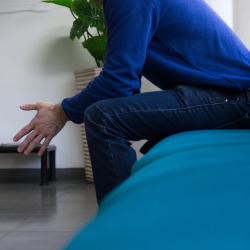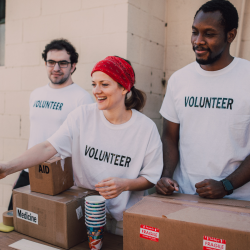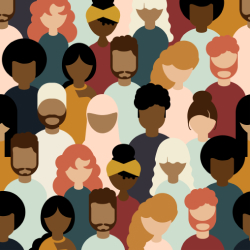The coronavirus has kick-started a new and different pandemic.
There’s a sub-epidemic created by the COVID pandemic that’s just as hard to diagnose and treat.
As the coronavirus rips through our economy and social fabric, it drags stress and depression behind it.
Yesterday, the World Health Organization released a report that revealed how COVID-19 has had a devastating effect on mental health services in 93% of the world’s countries. Among that vast majority, of course, is Canada. At the best of times, we spend 7.2% of our total health budget on mental health which accounts for 23% of our disease burden.
These are not the best of times. Five months ago, Health Canada estimated that 11 million Canadians were already experiencing “high levels of stress,” while 2 million were experiencing “traumatic stress.”
That was then, before the whole new world of risk created by re-opening our schools, and before the second wave of COVID struck Ontario last week. On Friday Toronto’s Medical Officer of Health, Dr. Irene de Villa, made clear in a single sentence what we could be in for in the next five much darker colder months:
Given this exponential rise in infections, it’s safe to say our mental health in the coming months is going to be very unsafe indeed. Especially since the Health Canada numbers were drawn from Canadians generally. Can you imagine how you and your family would feel if we were to get a positive diagnosis for COVID? How our lives will be turned upside down, albeit briefly, by this news?
One piece of good news is that insurers are making more money available to their clients to deal properly with their stress. How effective that is remains to be seen, as I pointed out in my last blog.
Another positive step is that last week the Ford government-mandated compulsory Pre-Entry Covid-19 screening for all employees (and essential visitors) at all Ontario workplaces – whether they’re indoors or out. Every employee. Every workplace. Every kind of workplace.
This gives employees some assurance that they will not become infected when they go to work, and assures employers as well who now have a simple solution to ensure they can meet their responsibility.
Both these steps will help flatten the curve – not just for COVID-19, but for the stress and mental illness that follows in its wake.






